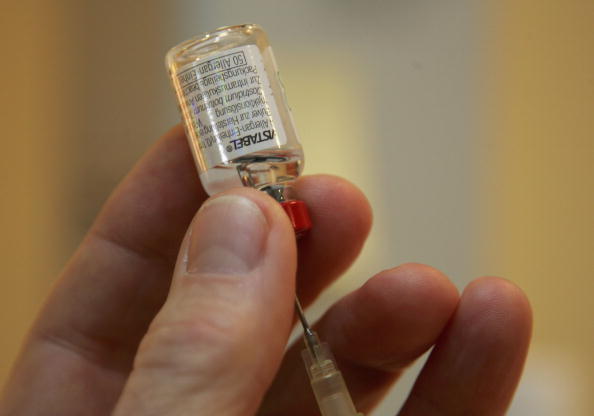
Botox has been known for a variety of medical uses. It is injected usually to remove facial wrinkles and to treat certain muscular conditions. But aside from all these purposes, it is interesting to note that Botox may also be used to prevent irregular heart rhythms that typically occur in patients who undergo bypass surgeries.
Botulinum toxin or commonly known as Botox is a drug derived from a neurotoxin coming from the bacterium Clostridium botulinum. Injecting a small amount of it into a muscle can effectively block nerve signals and subsequently induce temporary paralysis.
About one-thirds of all patients undergoing bypass surgery suffer irregular heartbeat right after operation. Such an incident puts patients at higher risk for cardiovascular complications which if worsened, could only lead to long-term hospitalization and high healthcare costs, according to Jonathan S. Steinberg, M.D., senior author and Adjunct Professor of Medicine at the University of Rochester, and Director of the Arrhythmia Institute in the Valley Health System in Ridgewood, New Jersey, as stated in the press release.
With such a trouble, Dr. Steinberg and his team pursued this investigation on Botox to assess its potential use in preventing the development of atrial fibrillation (AF) - a condition involving an irregular heartbeat that can lead to heart failure and other heart complications - in patients after a bypass.
In the study, researchers randomly assigned 60 patients to be injected either with Botox or with saline in the four major regions containing fat that surround the heart. Both the doctors and subject patients were not informed of whether the injection involved contained a Botox or saline in order to eliminate placebo effects.
After treatment, the team found that after 30 days since the surgery, patients who received Botox injections during heart bypass had a lower chance (about 7 percent) of developing AF than those who received saline that had 30 percent. In addition, none of the patients treated with Botox had AF one year after surgery, while saline-treated patients had a 27 percent chance.
Another finding also shows that Botox did not cause any adverse side effects to all treated patients. The complications observed between the two groups after the bypass were also found similar, including the infection rate, the time in intensive care, and the time of breathing machine use.
With all these encouraging results, Botox injections may really help patients prevent cardiovascular complications after bypass operations.
The study appears in the American Heart Association journal Circulation: Arrythmia and Electrophysiology.
